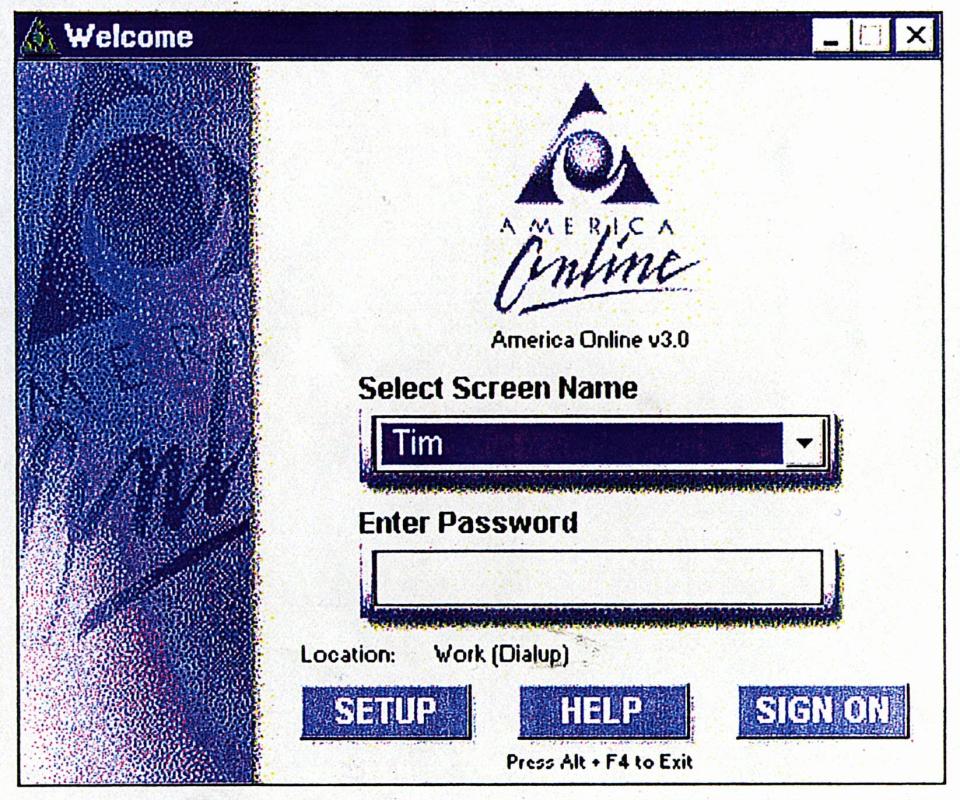Why Joe Biden is wrong about online free speech, even if it's ugly or manipulative
Facebook is an easy target. The company is criticized by the right for perceived liberal bias and the left for its role in disseminating political falsehoods. And in this election year, the heat is on.
But it wasn’t until this month that we learned former Vice President Joe Biden, a leading candidate for the presidency, wants to put limits on Facebook and revoke a federal law that the Electronic Frontier Foundation describes as “the most important law protecting free speech online.” That would be a very big deal.
Understanding what’s at stake may take a little reminiscing. If you were online in the early 1990s, it meant you had a subscription to a private service called CompuServe, Prodigy or America Online. AOL would excitedly advise you, “You’ve got mail.” It was a time when that sounded like good news rather than a threat.
Our interaction online was pretty limited. Essentially, you could post your views on electronic bulletin boards. And if you insulted someone, it would take some time for that to register, thanks to our 2400-baud modems.
Soon came ever more accessible operating systems and browsers, and an unprecedented blossoming of online communication. We could all share our views in real time on sites hosted by media and technology companies, or on platforms created by a new generation of entrepreneurs.
Rare wisdom from Congress
The marketplace of ideas would grow exponentially online. It was the fulfillment of the ideals of the First Amendment and its promise of free speech for all. But there was a hitch to this exciting development.
If websites provided open access to those who wanted to share their views, what would happen if those posts were lies or libels? Aggrieved parties would sue the companies that allowed the post. The companies couldn’t possibly check every post for accuracy, so they’d be sued out of existence.

In its wisdom (occasionally it happens), Congress passed a law in 1996 to help ensure that this free flow of views would continue: the Section 230 of the Communications Decency Act, specifying that sites on the internet would not be held liable for the defamatory posts of others.
First Amendment cop-out: No, Facebook doesn't have to run paid ads peddling the lies of politicians
Picture a country store in a small town where people drop by and talk on the front porch. There will be local gossip, buffoons and braggarts, but the store owner faces no consequences. He’s just providing his porch.
Those who defame others online can still be sued, but the conduits for those views are largely free of liability. Yes, some of that free speech online is ugly and manipulative, but thanks to Section 230, a wealth of speech remains fluid and free. For now.
Facebook has earned criticism
In a December interview published Jan. 17, Biden told The New York Times that Section 230 “should be revoked because (Facebook) is not merely an internet company. It is propagating falsehoods they know to be false.”
Facebook has earned a lot of the criticism coming its way. For all of its talk of lofty ideals, it has demonstrated time and again that it’s all about revenue. The company has even refused to review political advertising for falsehoods or bar microtargeting of Facebook users, based on the principle that “people should be able to hear from those who wish to lead them, warts and all, and that what they say should be scrutinized and debated in public.”
Translation: “We’ll cash their checks and let them lie. You figure it out.”
Misinformation highway: Massive Facebook influence on public opinion makes its ad policy a serious election threat
There’s certainly merit in revisiting Section 230. We’re a long way from dial-up modems. Even so, the notion that we should revoke a law that keeps the free exchange of ideas flowing all over the world is dangerous.
Yes, we need to fight the onslaught of foreign and domestic hackers and bots intended to mislead Americans, sow divisions and undermine our elections. But we can’t effectively fight those who would undermine American principles by losing sight of them ourselves.
Ken Paulson is the director of the Free Speech Center based at Middle Tennessee State University, a former editor of USA TODAY and a member of the USA TODAY Board of Contributors. Follow him on Twitter: @kenpaulson1
You can read diverse opinions from our Board of Contributors and other writers on the Opinion front page, on Twitter @usatodayopinion and in our daily Opinion newsletter. To respond to a column, submit a comment to letters@usatoday.com.
This article originally appeared on USA TODAY: Joe Biden is wrong. We need online speech to be as free as possible.

